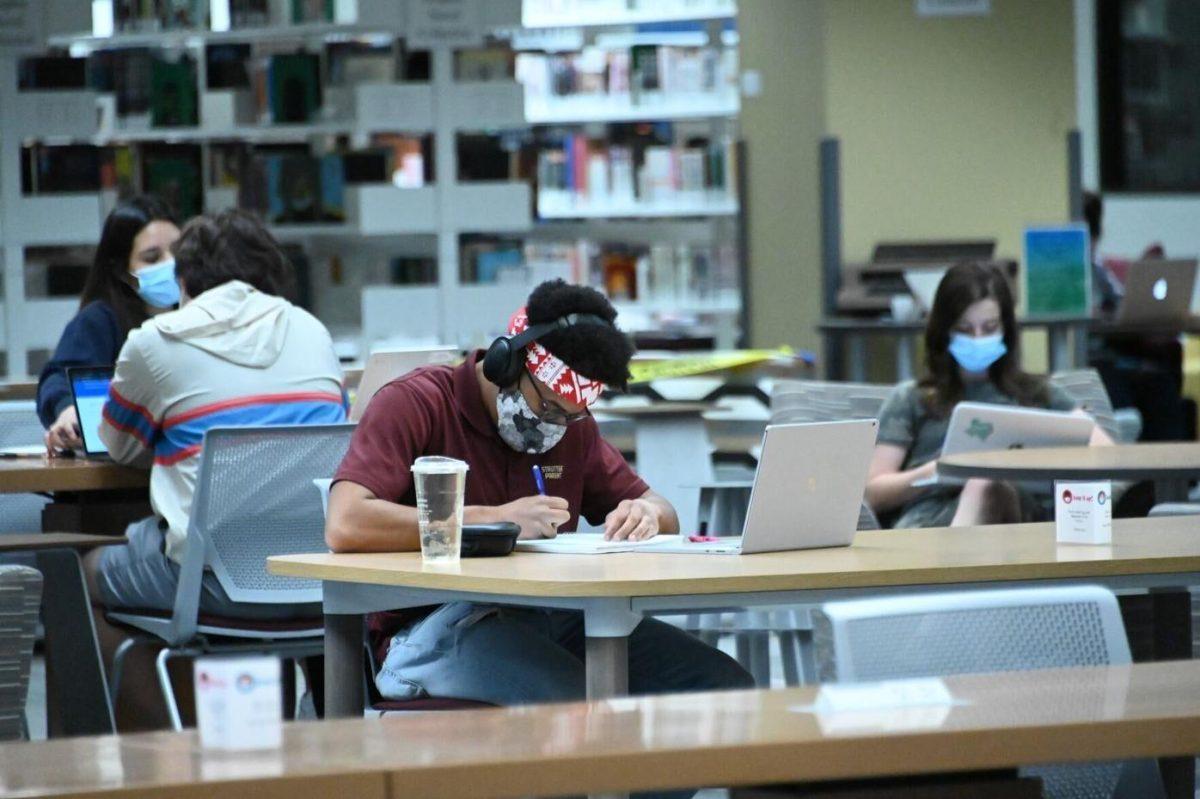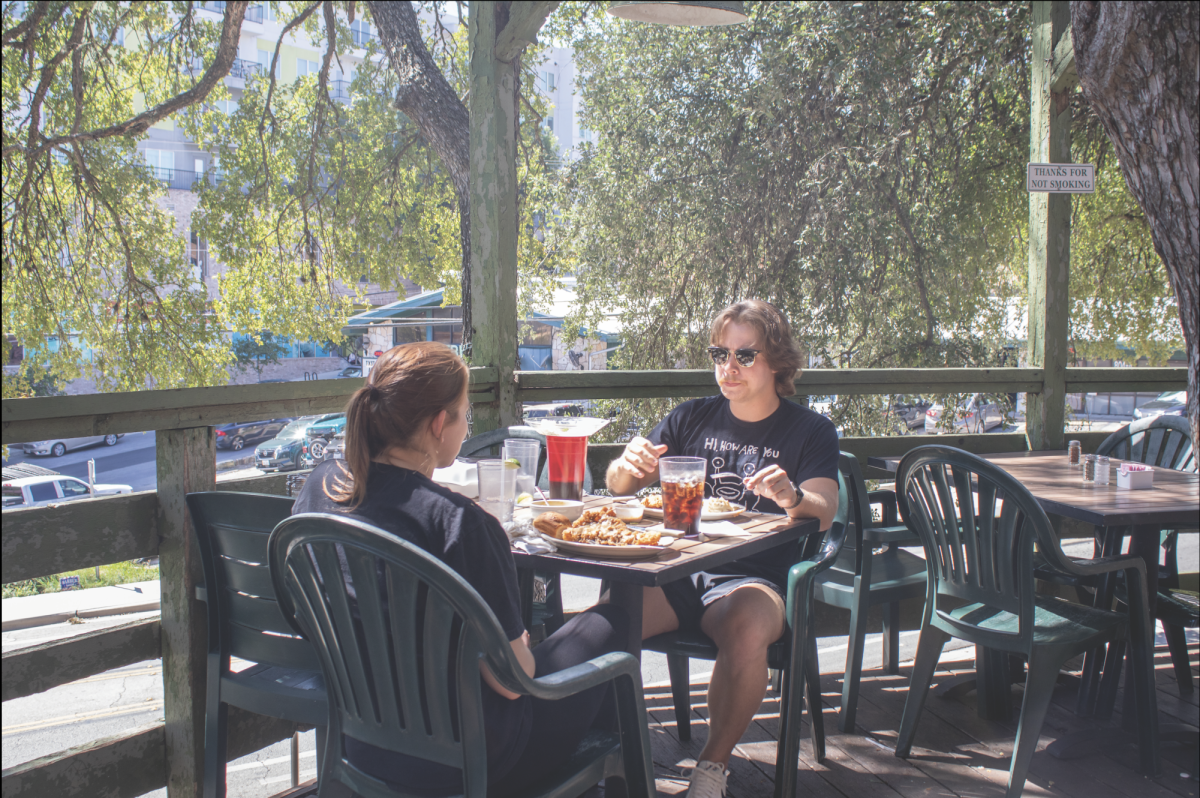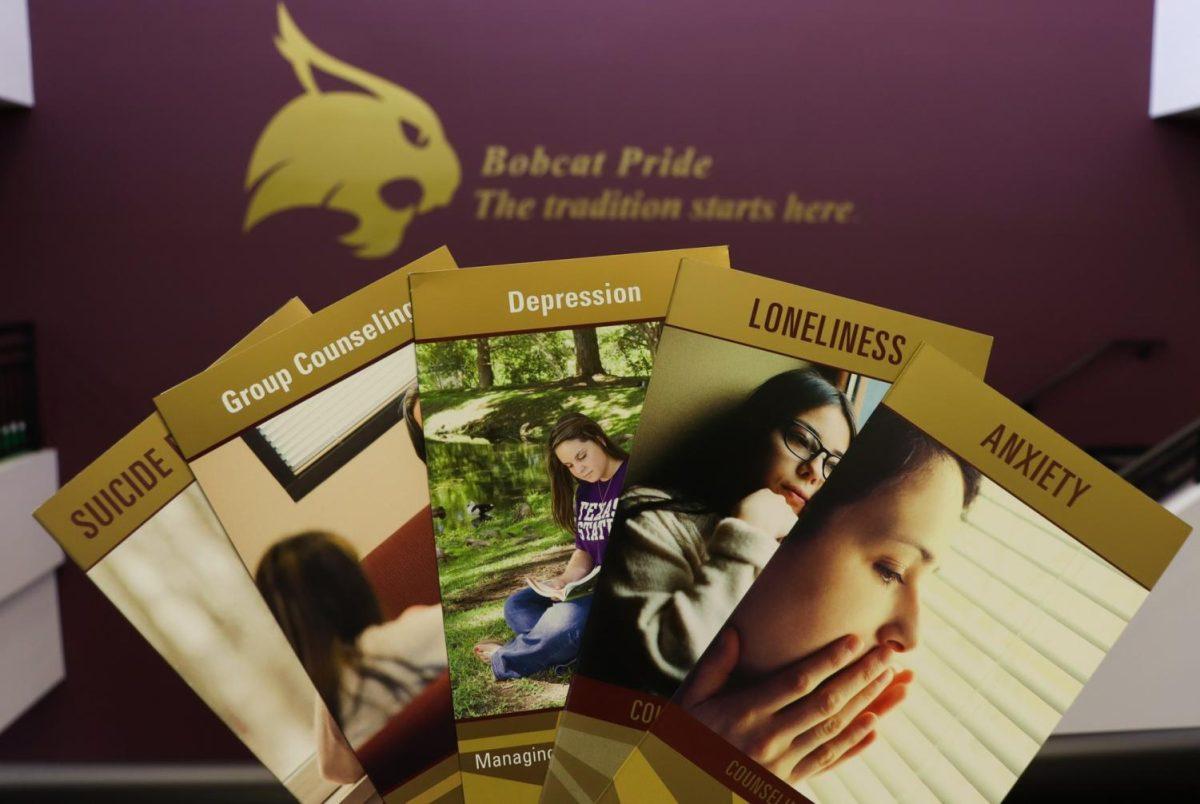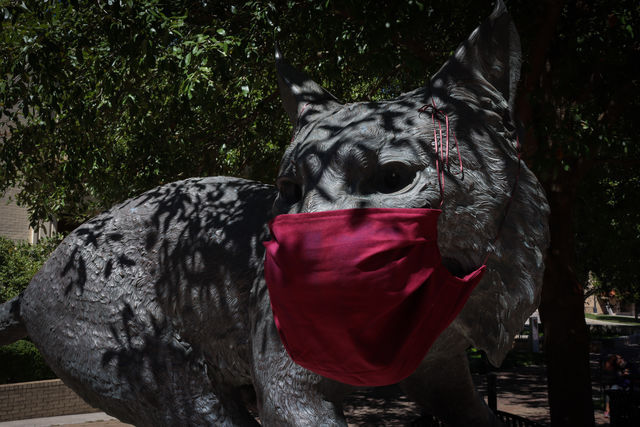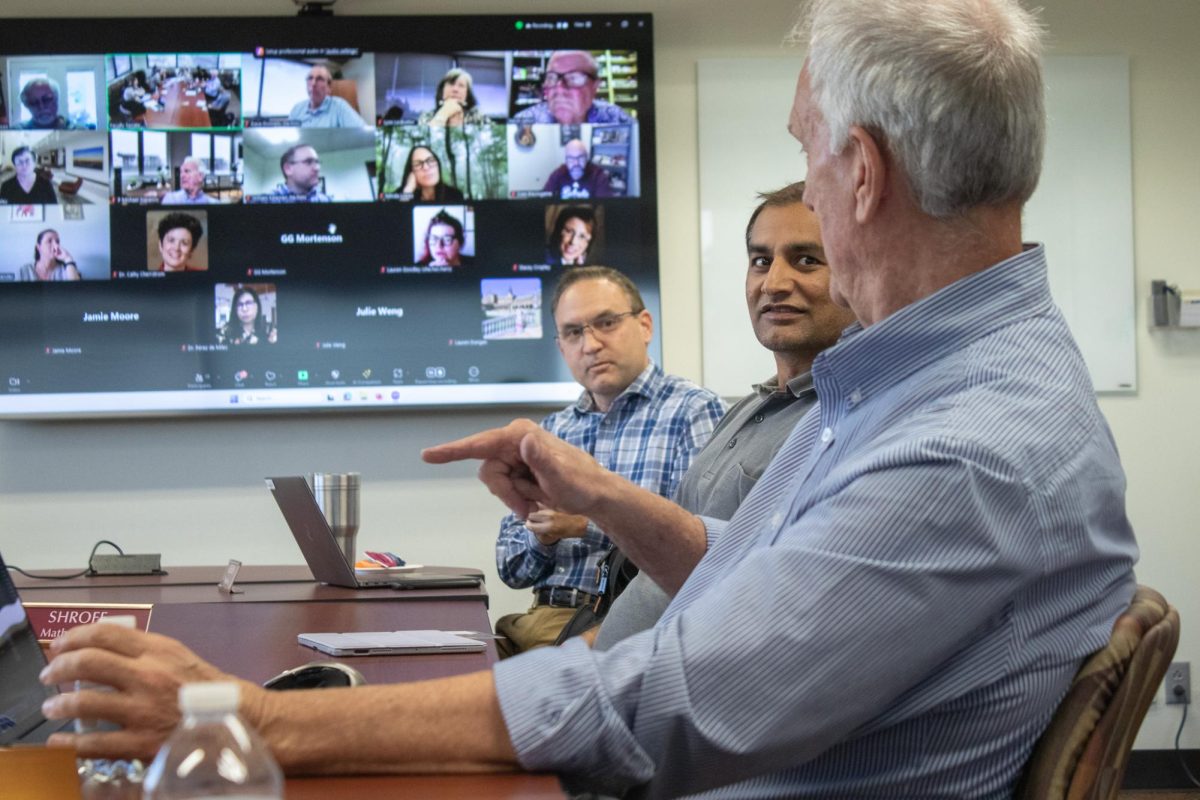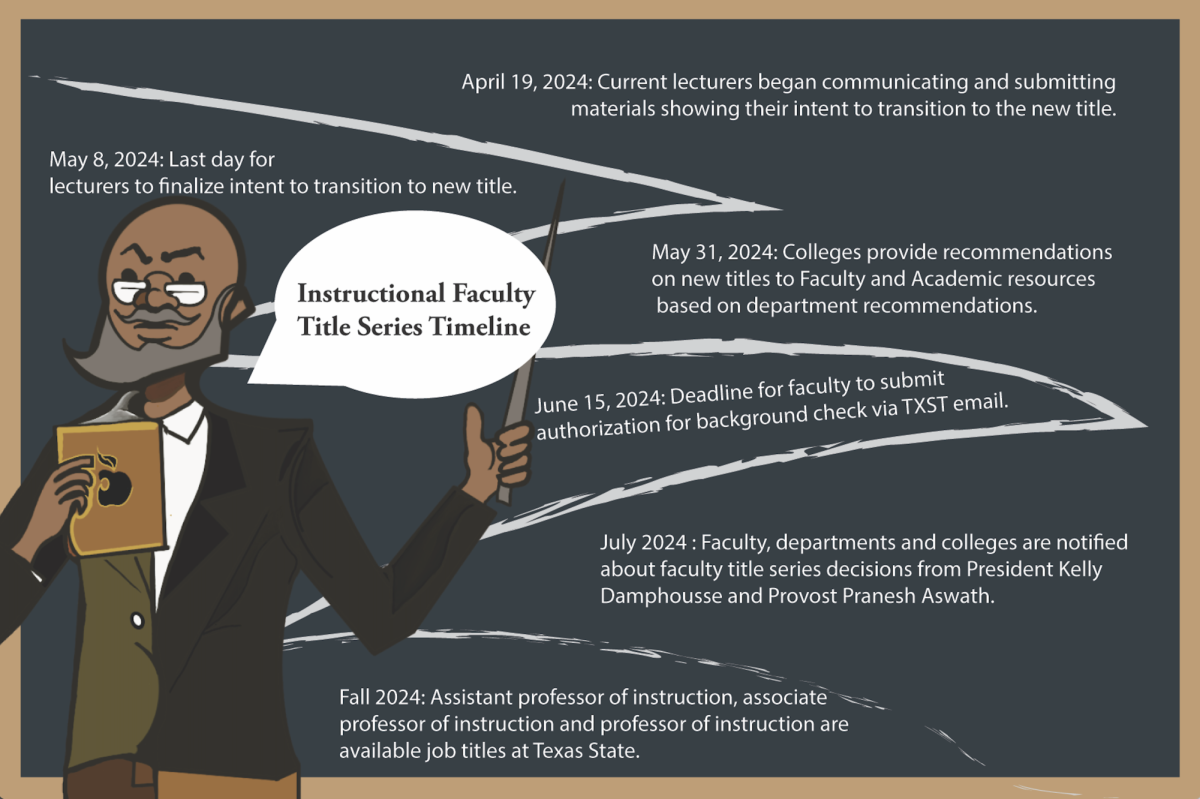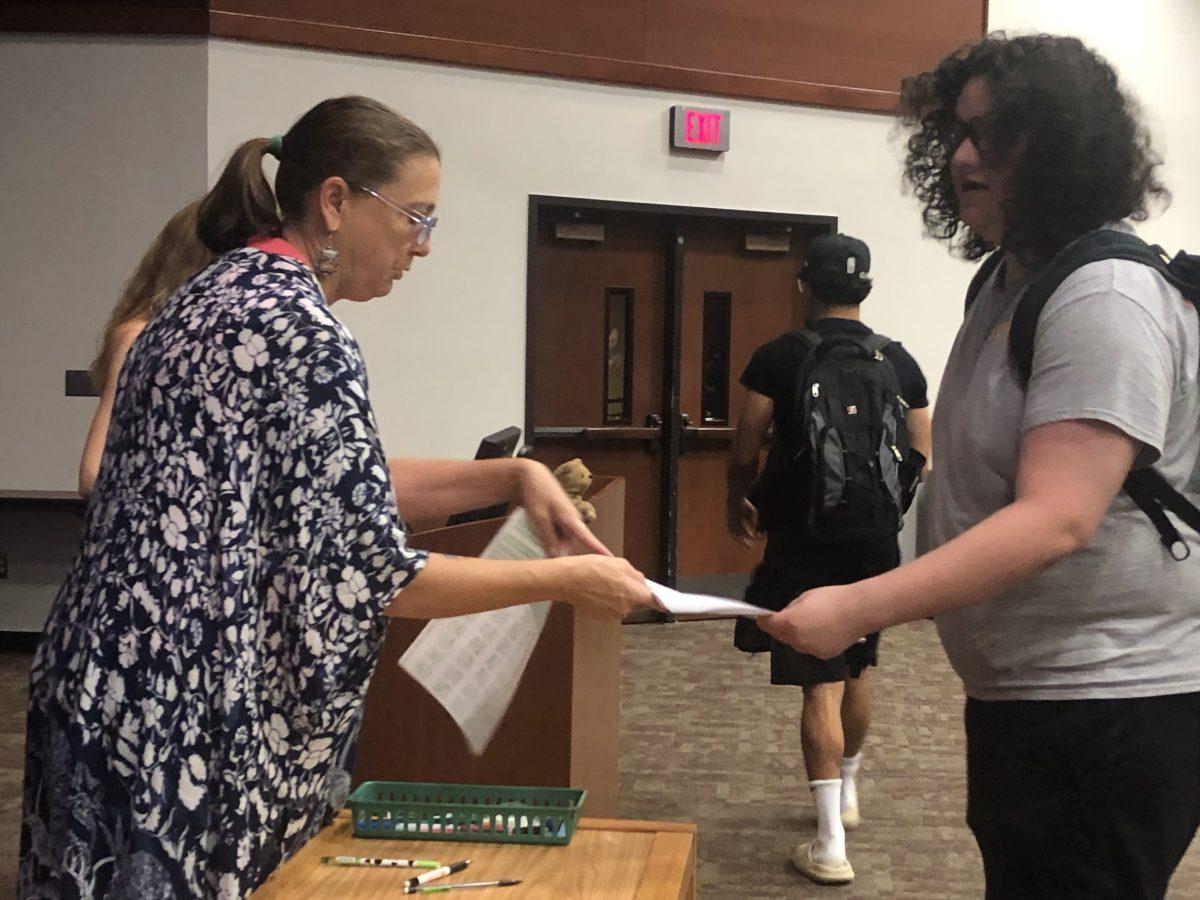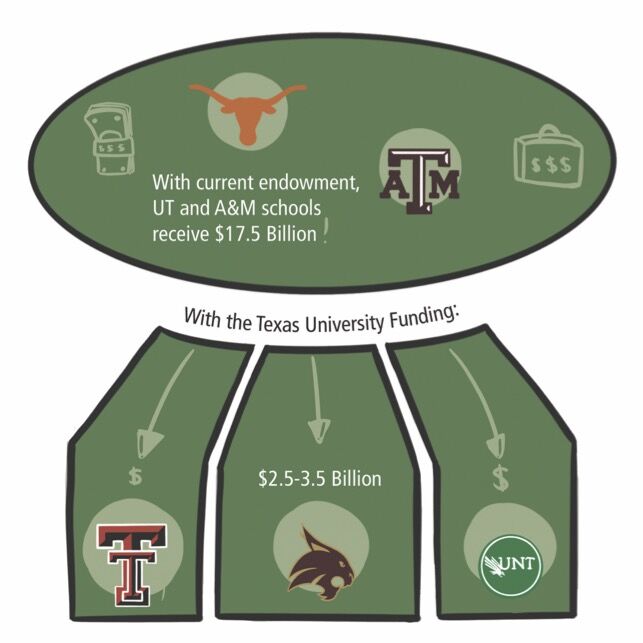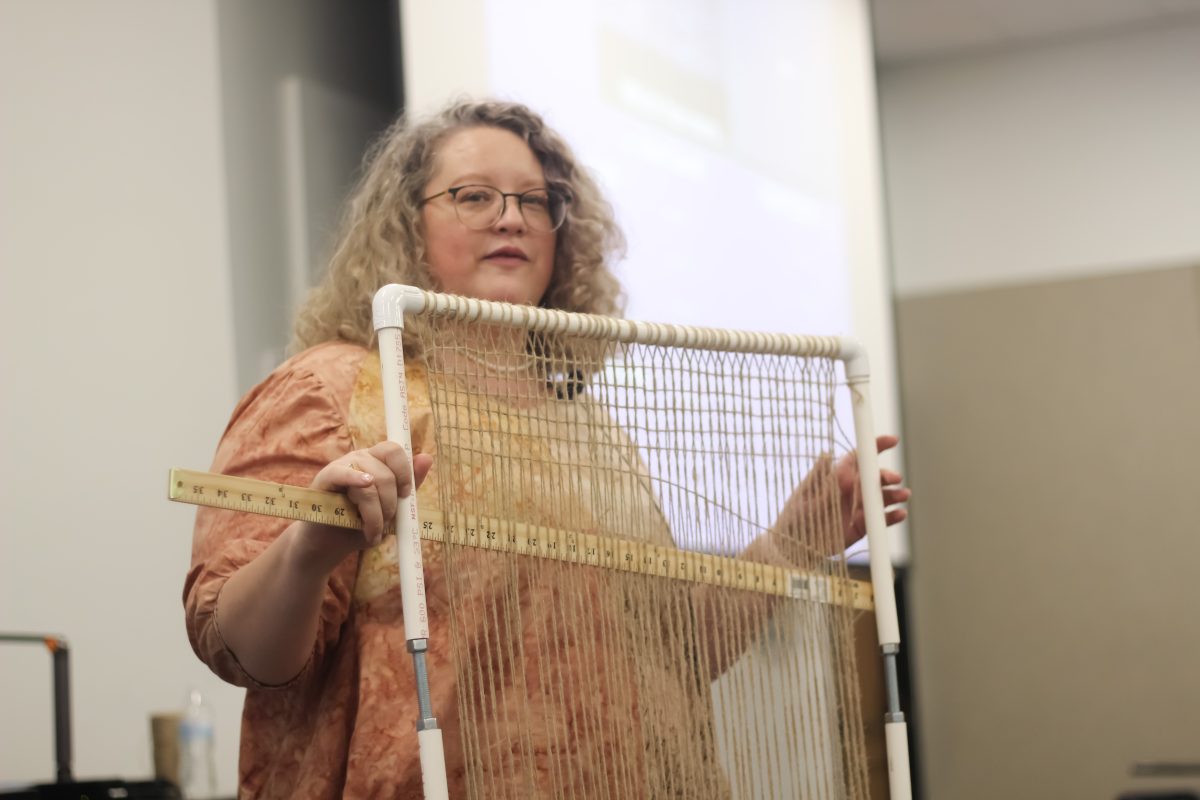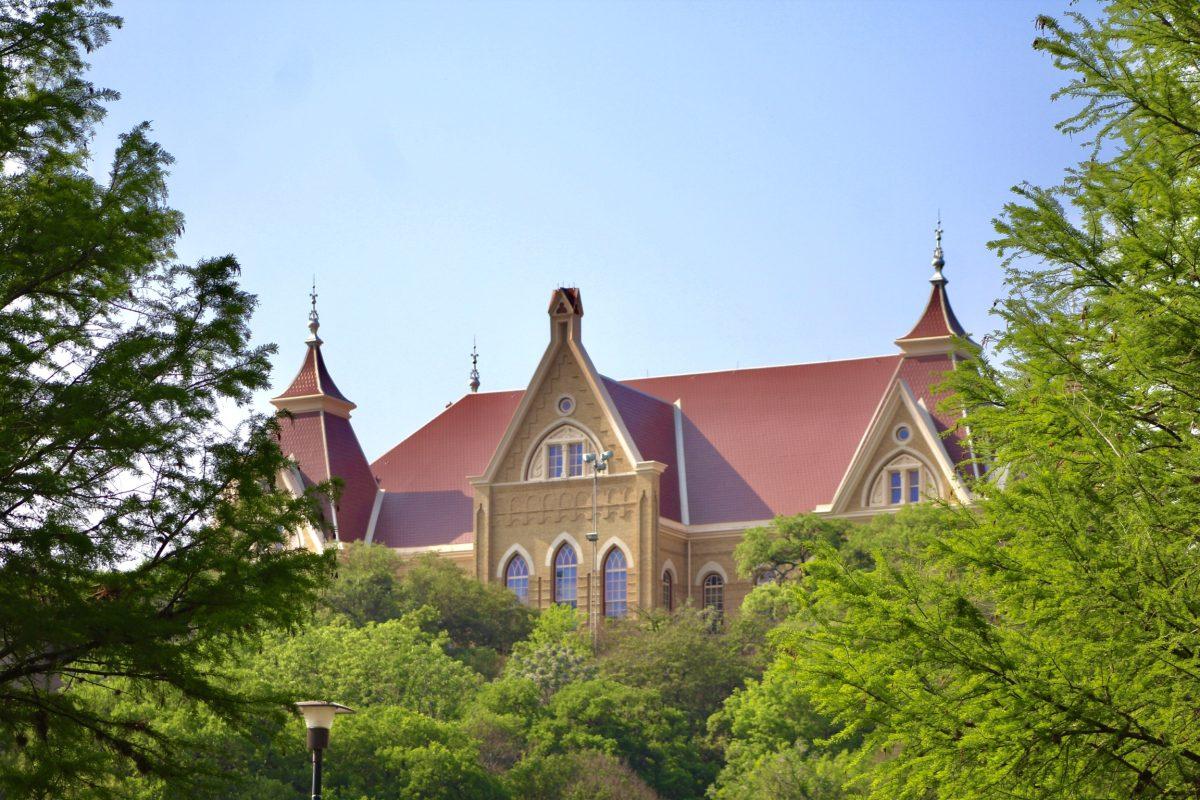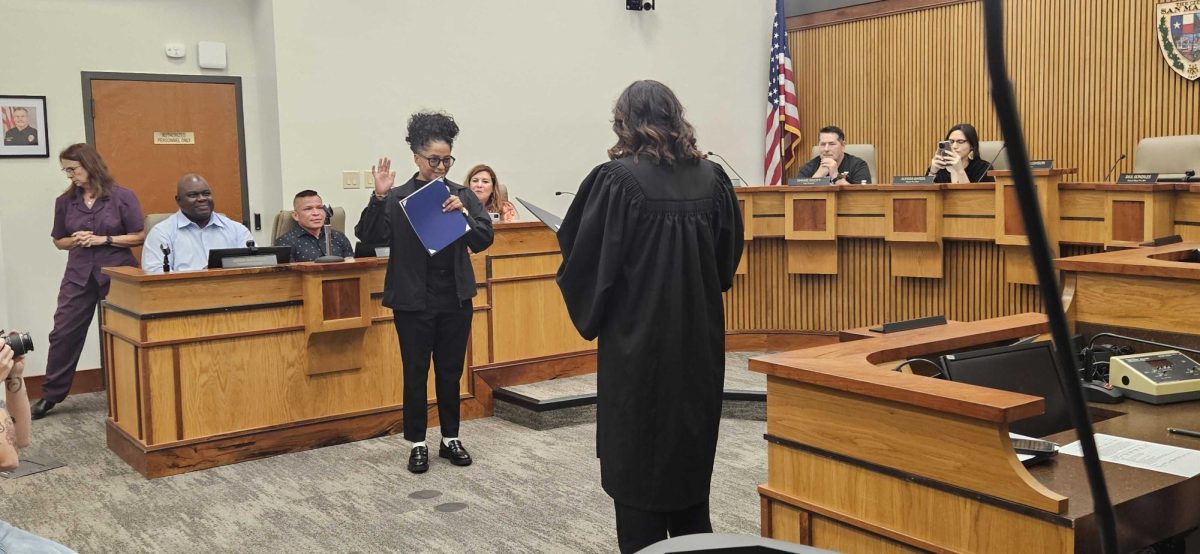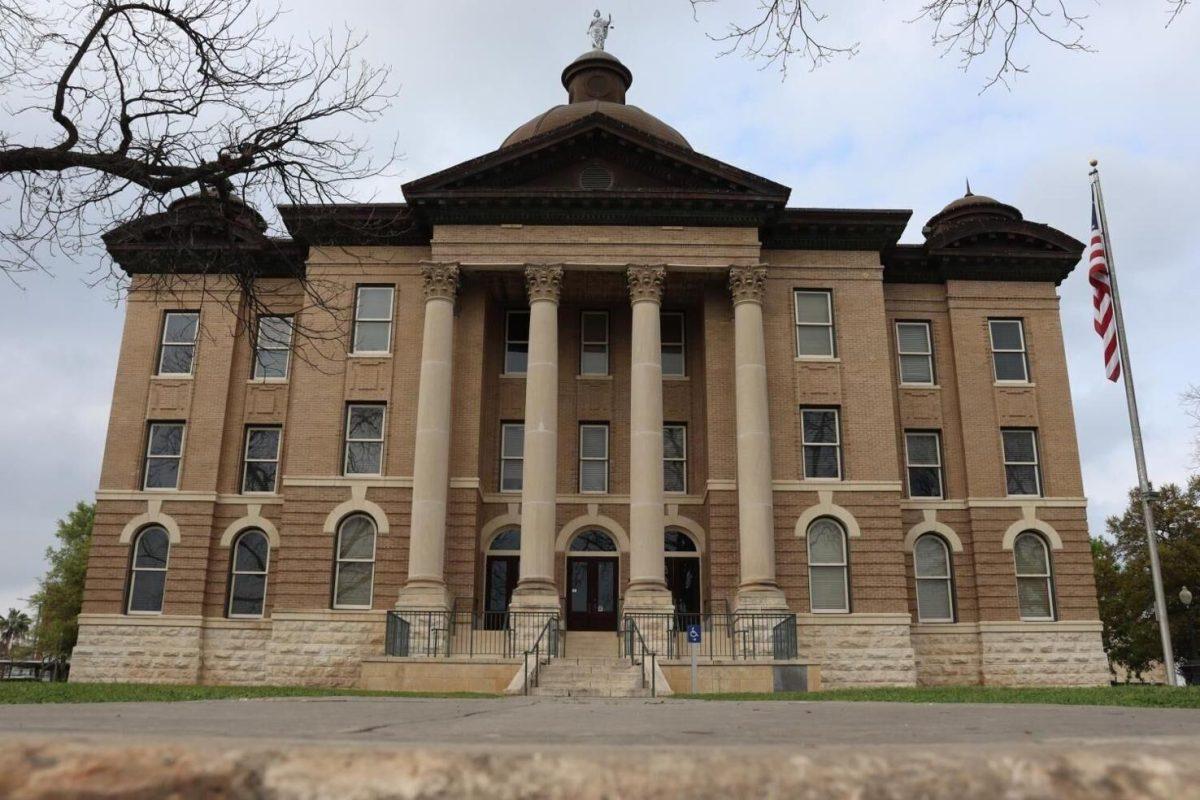During the April 7 Faculty Senate meeting, President Denise Trauth and Provost Gene Bourgeois addressed faculty member’s concerns about returning to in-person classes, the future of online classes and faculty appreciation.
The plurality of conversation points between the faculty body and upper-administration figures came from a faculty survey conducted by the Senate.
One of the key points of the survey and main grievances from the faculty polled was the dislike of A/B model classes, where students would either have the option to attend class in-person or online. Many professors, according to the survey and testimony by some Senate members, express the format is like having to teach a class twice because of the inconsistent modality.
Both the provost and the president were in agreement over the inefficiency of A/B classes, with the former announcing a full return to 100% capacity in-person classes for the upcoming fall semester. An email addressed to the entire campus from Trauth issued during the meeting confirmed the news.
“[We] expect to be at 100% capacity in our classrooms for the fall semester,” Bourgeois said. “So, if you’ve signed up to teach in person, and you’ve signed up to take an in-person class, the faculty and the student expectation should be that everyone’s going to be there in attendance in person; 100 seat classroom, 100 seats filled. 20 seats in a classroom, 20 seats filled. 400 in a theater, 400 filled. So, in other words, no social distancing is expected at this time for the fall semester.”
Bourgeois then clarified the administration’s thoughts over potentially increasing the number of online classes after a return to normalcy. While not against the concept as a whole, the provost advised caution for faculty thinking of shifting entire degree programs or minors online. He says decisions such as those have ripple effects on other parts of the university.
“We’ve already said that a student can take our core online, but I hope you all recognize that, for example, if management or psychology — the baccalaureate programs — went completely online, we currently would not have [enough] biology, math, chemistry or other [general education] courses online [to sufficiently] support all of those majors having to take an online degree,” Bourgeois says.
Trauth praised the faculty and the campus as a whole after a successful visit from the Southern Association of Colleges and Schools Commission on Colleges (SACSCOC), a regional body for the accreditation of degree-granting higher education institutions in the Southern states. Trauth says the organization’s visit to Texas State “could not have gone better,” citing her experience on the organization’s board.
“I chaired one of the four committees that looks at all of the four-year institutions that get reviewed in the spring,” Trauth says. “I never saw a school get no recommendations. I never saw it. I never heard about a school that got no recommendations. So, this is a tribute to the whole faculty here.”
Sen. Vincent Luizzi then delivered an update from the Academic Freedom Committee stating it held concern over librarians at Texas State “not enjoying full academic freedom.”
“They’re criticized for posters that they’ve gotten their offices,” Luizzi says. “I don’t think it’s as bad as ‘don’t read books,’ or something like that, but there are concerns that the committee has had and that’s definitely a good one.”
Categories:
Faculty Senate hears fall semester announcements
Ricardo Delgado, News Reporter
April 9, 2021
0
Donate to The University Star
Your donation will support the student journalists of Texas State University. Your contribution will allow us to purchase equipment and cover our annual website hosting costs.
More to Discover



